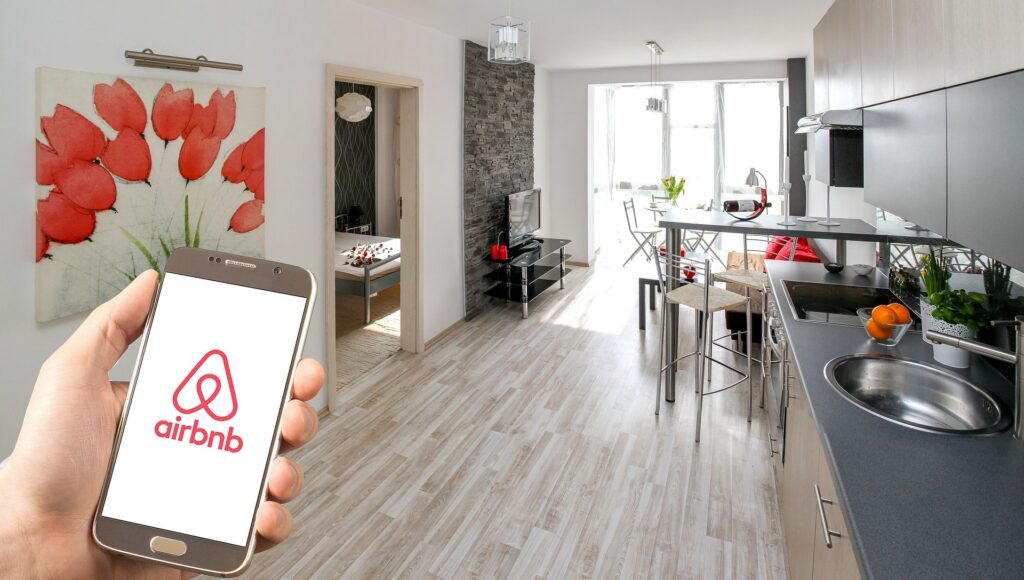In recent years, there is growing interest in rainwater harvesting for B&Bs as more businesses seek to promote eco-friendly practices. Bed and Breakfasts (B&Bs) around the world are turning to this sustainable method of collecting and utilizing rainwater as a way to minimize their environmental impact.

Understanding Rainwater Harvesting
Rainwater harvesting involves collecting and storing rainwater for later use. It’s a simple, yet effective way to conserve water and aid in sustainability efforts. For B&B owners, implementing such systems can significantly reduce water bills and limit reliance on municipal water supplies.
How Does It Work?
Rainwater is collected from rooftops and directed through gutters into storage tanks. This water can then be filtered and used for non-potable purposes like flushing toilets, irrigation, and laundry, greatly reducing water waste. For those interested in starting a B&B, considering such sustainable practices can be beneficial in the long run.
Benefits of Rainwater Harvesting for B&Bs
Cost-Effective Solution
One of the biggest advantages of rainwater harvesting for B&Bs is the cost saving on water utility bills. By opting for this, B&Bs can substantially lower their expenses, allowing them to allocate resources to other guest services, enhancing the overall experience.
Environmental Impact
Installing a rainwater harvesting system reduces stormwater runoff, promotes water conservation, and lowers the carbon footprint of a B&B. Its a visible way to show commitment to the environment, attracting eco-conscious travelers seeking unique and responsible accommodations.
Getting Started with Rainwater Harvesting at Your B&B
Initial Planning and Installation
To start the journey of rainwater harvesting at your B&B, begin with a site assessment to understand the potential capacity and determine the best system setup. This may involve consulting with professionals to ensure optimal design and functionality.
Choosing the Right System
There are various types of systems available, each with unique features to suit different site specifications. When selecting, consider both the size of the B&B and the average rainfall in your location to ensure the system can meet your water needs.
Steps for Implementation
Water Storage Solutions
Investing in quality storage tanks is crucial. Tanks should be durable and large enough to store adequate amounts of rainwater. Proper positioning, such as underground or elevated installations, can enhance efficiency.
Filtration and Purification
Ensuring the water is clean involves installing a filtration system. This will remove debris, leaves, and potential contaminants, making the water safe for various uses around the B&B.
Promoting Sustainability at Your B&B
Communicating Your Efforts
Its essential to inform guests about your sustainable practices. Highlighting these efforts in your marketing material can improve your B&Bs uniqueness and appeal to environmentally-aware guests.
Incorporating Eco-Friendly Practices
A B&B committed to sustainability goes beyond water conservation. Consider adopting additional practices such as solar energy, waste reduction, and eco-friendly cleaning products to create a truly green environment.
Challenges and Solutions
Overcoming Initial Costs
While the setup costs for rainwater harvesting systems can be high, the long-term savings and environmental benefits far outweigh the initial investment. Consider government grants or incentives which are often available to support such sustainable initiatives.
Maintenance and Upkeep
Regular maintenance is necessary to ensure continued efficiency. This includes checking for debris, ensuring that pipes and tanks are clean, and monitoring water levels.
Rainwater Harvesting: A Step Towards a Greener Future
As B&Bs embrace rainwater harvesting, they stand at the forefront of sustainable tourism. Ultimately, it represents not only an effective means to save resources but also a powerful way to attract guests who value environmentally responsible businesses.

Frequently Asked Questions
Is rainwater safe for drinking at B&Bs?
Rainwater can be safe if properly filtered and treated. However, many B&Bs use it for non-potable purposes to ensure guest safety.
What is the cost of installing a rainwater harvesting system?
The cost varies based on the systems size and features, but incentives are often available to offset these expenses.
Do rainwater systems require special maintenance?
Yes, regular maintenance is needed to ensure they function effectively. This includes cleaning filters and checking for leaks.
This article contains affiliate links. We may earn a commission at no extra cost to you.






